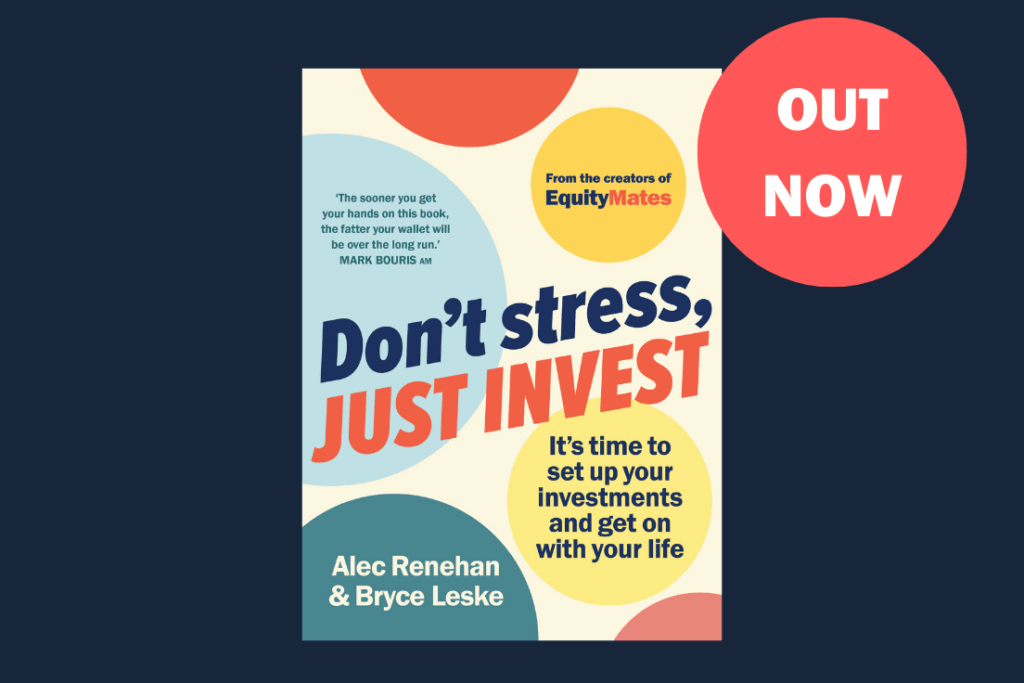An investing thesis in its simplest form, is the reason for your investment decision. It is the guiding principle(s) as to why you make the call to put your money into the share market. In reality, it should be able to be summed up in one sentence. However, there is some work to be done in order to recite that one sentence, allowing for an informed decision that will benefit your portfolio.
Why would I need one?
To avoid succumbing to loss aversion and prevent unnecessarily prolonged stock holdings, it’s essential to maintain a record of the reasons behind your purchases. This record not only offers extra motivation for decisive action but also serves as a valuable tool for learning from past mistakes. When you’re tempted to invest in a trending stock, having a document of your rationale can provide reassurance beyond the fear of missing out, ensuring that your decisions are grounded in a sound strategy.
How do I make one?
Your thesis should feature some accompanying information that serves as a record of your investments, ideally through a Google Doc or a spreadsheet. This record should include details such as the purchase price and the reasons behind each investment. Many modern investing apps also offer built-in record-keeping features, like visual cues on price charts for dollar-cost averaging or a comprehensive activity log for tracking your trading history. This practice helps you stay organised and informed about your investments.
Here is what could possibly be in your investing thesis:
In crafting a robust investment thesis, it’s essential to move beyond simplistic notions like “I’ll sell when it goes up $100” and delve into the intricacies of why an investment is poised for growth. A well-structured thesis typically encompasses a comprehensive understanding of the company, including its core operations, financial metrics such as revenue, profit share, and growth rates. Equally important is insight into the management team, the company’s strategic guidance, and its future plans.
It’s a good idea to align your investments with significant trends. This holistic perspective should encompass not only the ‘what’ but also the ‘how,’ revealing the strategies and individuals driving the company’s progress.
Identifying the compelling reasons behind your choice of a specific company or ETF within a particular trend such as new technologies, regulatory developments, and disruptive potential in the industry is a good starting point. Including these elements in your thought process serve as valuable considerations to strengthen your investment strategy. It’s also important to think about regulation in the industry and the possibility of disruption, adding depth to your investment thesis.
What informs my thesis?
To make sure your investment thesis still makes sense, you should review your notes or documents regularly. This aids in deciding upon whether your original thesis still holds up in the current environment. Your investment thesis can be well informed by timely resources such as investor letters, potentially highlighting the hiring of someone who you believe acts in a way that will support the growth of the individual company or ETF you are considering buying, selling or holding.
When you’re choosing an ETF, it’s even more crucial to think about these things. There are many ETF options, so consider factors like management fees, what industries they focus on, and whether they invest in the companies you like. Other things to consider are if they have adequate sustainability framework, and employ ethical business activities that match your own. This way, you ensure your investment not only offers potential profits but also fits your financial goals and values.
Valuation
Relative Valuation
Relative valuation plays a crucial role in investment decisions, given that investing inherently involves predicting a company’s future value. It’s one of two primary valuation approaches, the other being intrinsic valuation.
Relative valuation involves comparing a company’s financial metrics, like the price-to-earnings (P/E) ratio and price-to-sales (P/S) ratio, to those of similar businesses within the same industry. This method operates on the premise that companies with similar risk profiles and growth prospects should have comparable valuations. By employing relative valuation, you can gauge whether a company is trading at a relative discount or premium to its peers, aiding in the decision-making process and ensuring that investments align with future growth expectations.
Intrinsic Valuation
When investors calculate intrinsic value, they aim to assess what a company’s prospective profits are worth in today’s terms. This calculation serves as a benchmark against the current share price, helping investors make informed decisions about whether it’s financially prudent to invest in the company at its prevailing market value. However, it’s not imperative for every investor to perform high level intrinsic valuation calculations themselves. Many investing apps, websites and etcetera offer this style of analysis already.
It’s important to remember that there are guidelines as to how a thesis might look, but ultimately the structure is down to you, the individual. The sole purpose of a thesis is to help you make informed decisions and stay accountable to what you want to do with your money. Your thesis statement should be a summary of the culmination of everything you believe at the time of investing with consideration for how you believe the future will play out.
Don’t have a thesis yet but just want to get started? Click here to get yourself a copy of our latest book, Don’t Stress, Just Invest.
